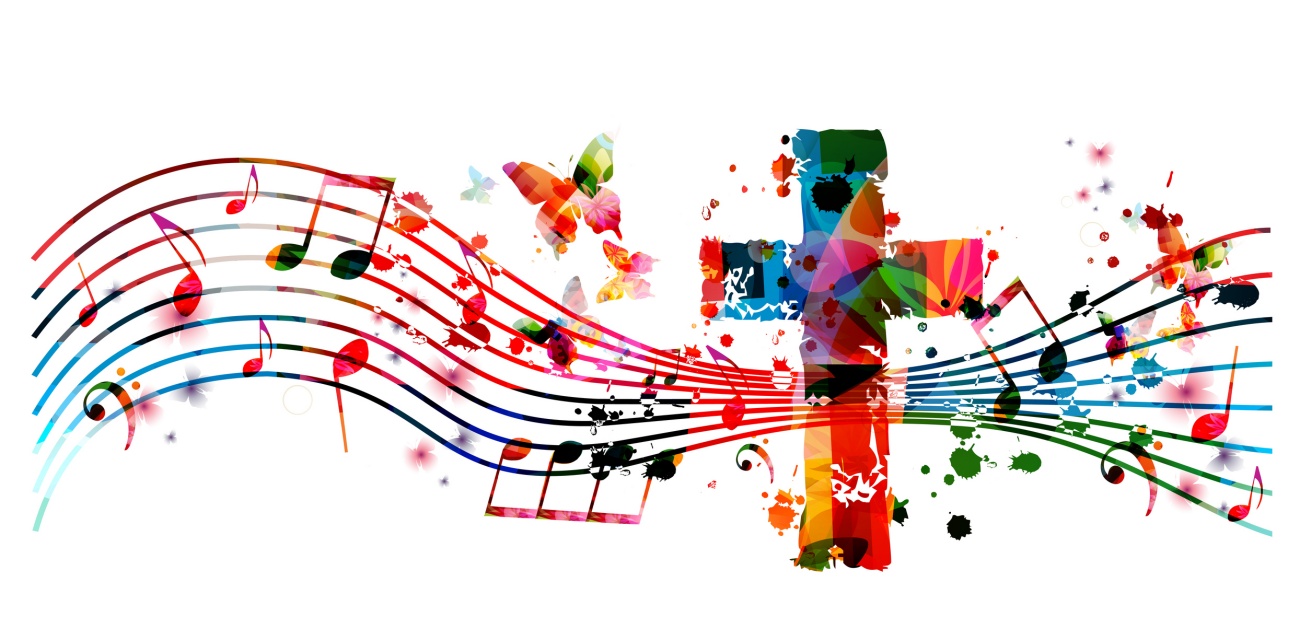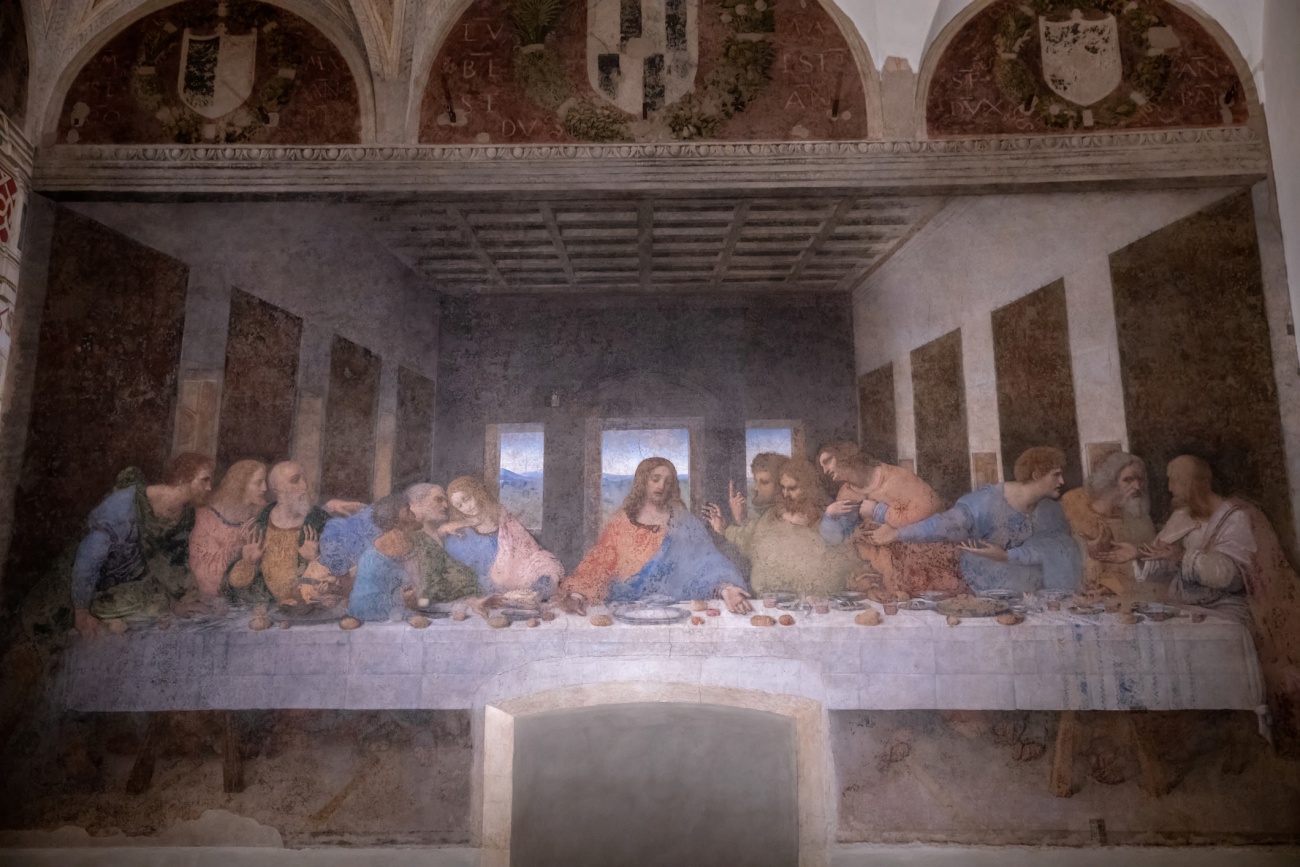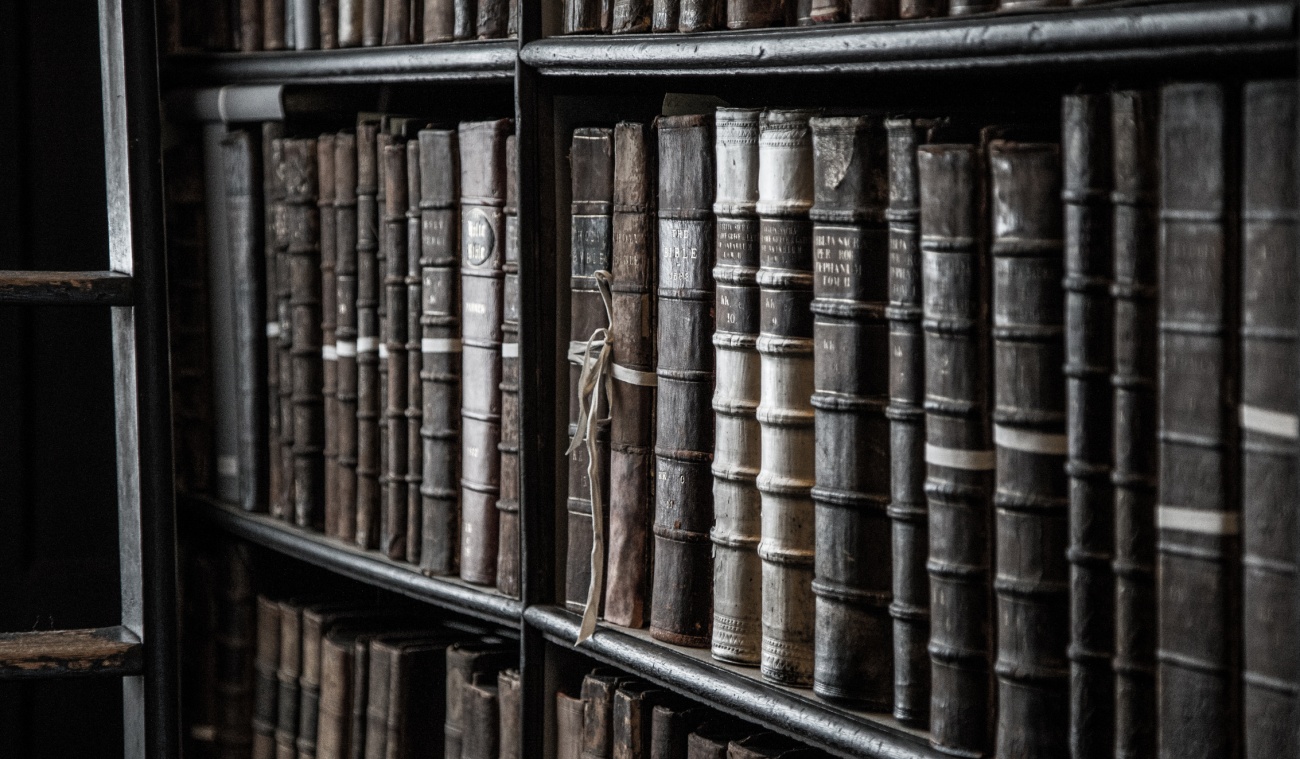Beauty- A Window into God’s Grandeur
If beauty is one of the ways to seek to know God, we should spend more time seeking out beauty in all of its many forms and making ourselves present to it.
Have you ever stood before a majestic, rose-hewed sunset, or the bright clarity of a Spring dawn and been struck silent with wonder at the unspeakable beauty of it? In such moments, if our hearts are at rest, and our minds quieted from the daily noises that so rattle the world around us, we might feel ourselves suddenly surprised by wonder, more importantly, by divine wonder. Such blessed moments are unique, brief gifts. It is not unusual that beauty, in all of its many forms, can be a powerful sign of the presence of God. And why not? From what source does true beauty arise? The Creator himself, of course.

God, in his infinite wisdom, made us in his own image and likeness. In doing so, he gave us eyes to see, ears to hear, hearts and minds capable of finding Him in everything that is truly beautiful. Beauty, then, is also one of the ways that God uses to reveal himself to us, whether that be through the natural beauty of a sunset, or through a work of art, a poem, or a beautiful piece of music. He also gave us skills, abilities, and intellectual wonder to be used by us to create things of beauty ourselves, things that lift our souls up and out of the narrow confines of our egos; things that point us to the One who is the Source of all that is good, true, and beautiful.

Sacred music and sacred art are examples of this. The Old Testament is filled with passages about music as a means of giving praise to, or responding to, God. “Come, let us sing for joy to the Lord; let us shout aloud to the Rock of our salvation” (Ps. 95:1). Or, in the New Testament, we see: “Address one another in psalms and hymns and spiritual songs, singing and making melody to the Lord with your heart.” As we know from our own experience, music moves the heart and the soul. There is an old saying: “Music has Charms to soothe a savage beast.” Music often touches the deepest wells of emotion within us. It can move us to tears of joy and sorrow, repentance and love. Up until more recent times, music consciously incorporated melody, order, and harmonies that purposefully stirred the mind and soul to higher things. Sadly, more often than not, today’s music is empty of beauty and full of noise and appeals to much more base emotions.

Sacred art, up until the last century or more, was made to lift the eye and the mind upward toward the higher, more transcendent things. It aimed at pointing to a reality that goes beyond the limits of human individuality. It had a communal quality. Christian art was produced by artists who were formed in the faith. Until the Renaissance, most of it was done anonymously. In other words, it was done for the greater glory of God, not to glorify the artist. It was made to be beautiful because its desire was to point the heart and the mind to the One who is Beauty itself. Such art came in the forms of sculpture, paintings, and architecture, among many other forms. In each case the art was born of humility and a desire to praise God, and to bring a bit of beauty into the world. We need artists of every sort doing this today.

Great literary art, like Dante’s, Divine Comedy, or, John Bunyan’s, Pilgrim’s Progress, transport us out of our ordinary lives, through the power and beauty of their words. They translate or reveal our own worlds to us in new ways, giving us deeper insights into ourselves. Poetry’s beauty lies in its ability to “paint with words”. It makes use of word images that take us beyond the page, that give us new ways to “see” the beauty that lives below the surface of things, or beyond the limits of our current awareness. If beauty is one of the ways to seek, to find, and to get to know God more intimately, shouldn’t we, then, spend more time in our days seeking out beauty in all of its many forms and making ourselves present to it?
The Holy Bible is full of God’s beauty in its many literary forms, and our communal worship, when done right, can use the arts to deepen our focus on the presence of God. These forms of art are gifts from God. We need to make ourselves available to them more often in order to continue to deepen our relationship with our Lord who is the Source and Goal of all that is Good, True, and Beautiful?
SKM: below-content placeholderWhizzco for FHB

